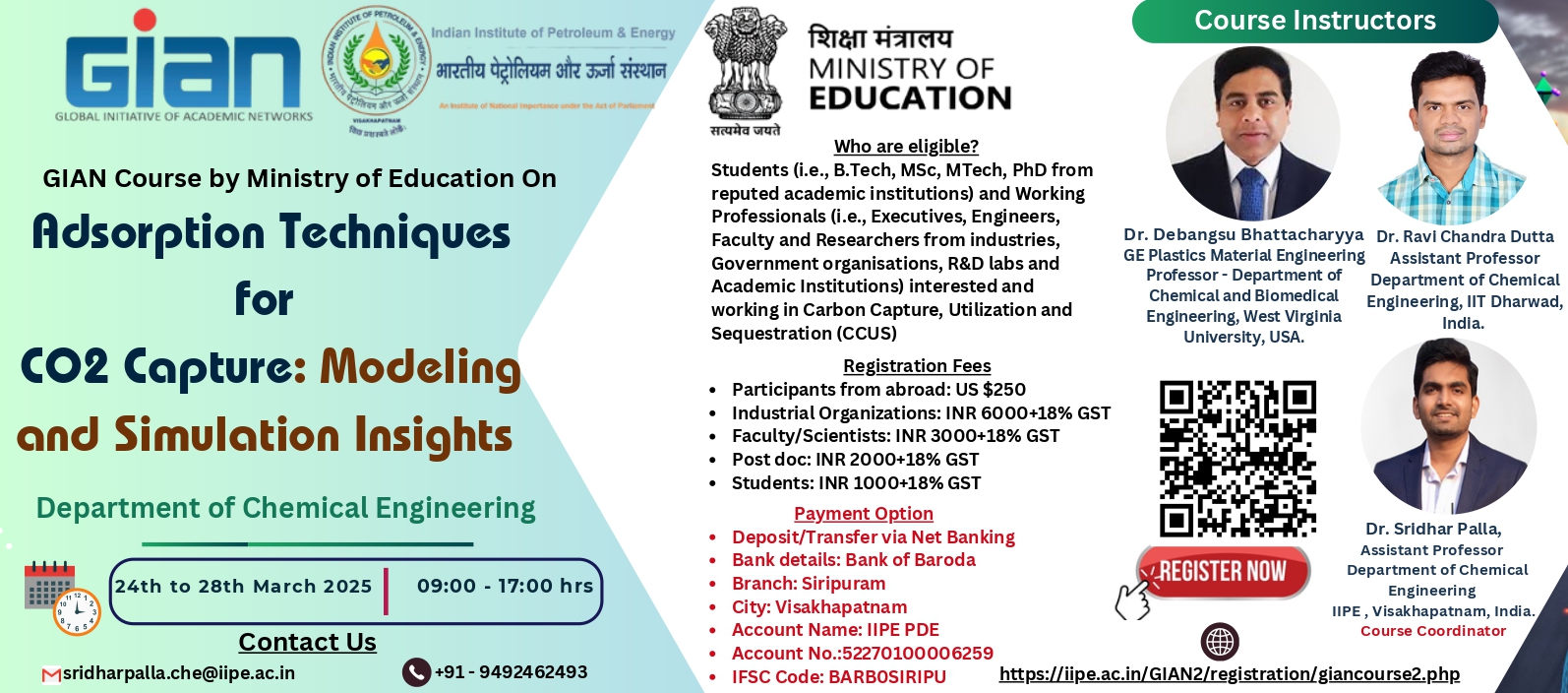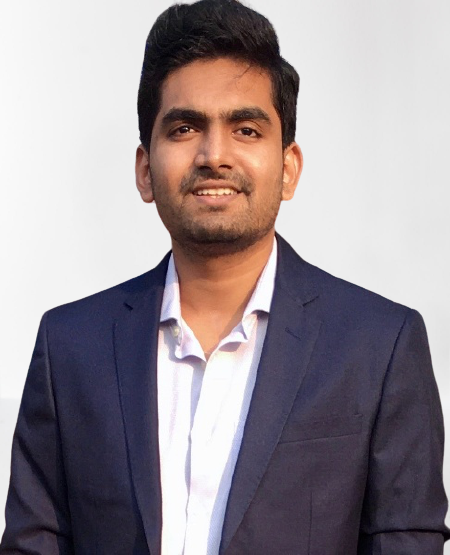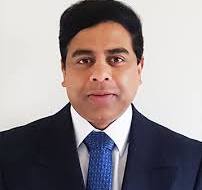
Since the industrial revolution, carbon dioxide (CO2) has been a significant contributor to greenhouse gas emissions due to several human activities. The CO2 limit in the atmosphere is considered safer if it is less than 350 ppm. However, in December 2018, it crossed safety limits and reached 409 ppm. Energy demand has been increasing enormously due to a rise in the human population and a comfortable lifestyle. India has more than 1.4 billion people, consuming energy from coal and natural gas-based power plants and emitting CO2 into the atmosphere. To contribute to these needs, easily accessible fossil fuel resources are rapidly consuming. CO2 is the major emitter in the transportation industry (i.e., automobiles), power generation, and deforestation in agricultural fields. There is an urgent requirement for novel technologies to reduce this carbon emissions effect on the environment. Carbon capture and sequestration (CCS) technology is getting much attention due to the rise in temperature levels. The CCS technique can be divided into three stages. In the first stage, the CO2 gas is extracted from the emission gas stream, and then the CO2 is concentrated and captured at high pressures. The supercritical fluid is transported to the CO2 storage site, where fluid is injected into the underground rocks for permanent storage. This technology has the advantage of strategy-wise collecting CO2, storing CO2 and utilising the stored gas.
Carbon capture is a significant step in the CCS technology. The adsorption based carbon capture process has advantages over the existing technologies, such as fast kinetics, excellent energy efficiency, clean environment applications, high gas storage capacities, etc. However, the thorough understanding of the conventional adsorption swing processes such as Pressure swing adsorption (PSA), Vacuum Swing Adsorption (VSA) and Temperature swing adsorption (TSA) and novel hybrid swing adsorption processes such as Vacuum Pressure Swing Adsorption (VPSA) and Temperature Vacuum Swing Adsorption process (TVSA) is missing. This course covers the fundamentals of adsorption, the advancement of adsorption in the field of carbon capture, ongoing challenges and sustainable solutions.
Significant improvements in computational power over the last two decades have encouraged researchers to develop mathematical models for accurate forecasting of experiments. Transport modelling of the carbon capture units packed with porous adsorbents mitigates the experimental effort, which is energy-consuming and expensive. In this course, we demonstrate the development of mathematical models and the application of commercial software tools to solve carbon capture units in the real world.
The course will be taught by distinguished international and national academicians and researchers who are well recognized in this field for their experience in research, teaching and consultancy. Industrially relevant case studies will be discussed as part of the tutorial session which provides Hand’s on experience to participants on advanced software tools. This course contribute to the nation's net zero emission goal by training manpower to pursue their career in CCUS.
Course Participation Fees
The participation fees for taking the course are as follows:
- Industry Organizations(online): INR 6000/- + 18% GST
- Research Organizations(online): INR 3000/- + 18% GST
- Faculty/Scientists(online): INR 3000/- + 18% GST
- Post Doc(online): INR 2000/- +18% GST
- Students(B.Tech , M.Tech and PhD Scholars)(online): INR 1,000/- + 18% GST
- The above fee includes all instructional materials, computer use for tutorials and assignments, laboratory equipment usage charges, 24 hr. free internet facility.
- There is no central registration on the GIAN portal (gian.iith.ac.in); registration will be managed directly by the hosting institute.
Online Mode fee structure :
The above fee includes:
Note:
You Should Attend If you are
- Executives, Engineers, and Researchers from industries, service, and government organisations, including R&D laboratories.
- Students at all levels (BTech, MSc, MTech, PhD) from reputed academic and technical institutions.
- Faculty Members from reputed academic and technical institutions
- Students who would like to pursue their career in Carbon Capture Utilization and Sequestration (CCUS)
The Faculty

Number of participants for the course will be limited to hundred on first-come-first-serve basis:
For any queries on the registration and course-related matters contact:
Prof. Sridhar Palla
Mob: 91-9492462493
Email: sridhapalla.che@iipe.ac.in
Summary
| Course Status : | Registrations are Closed |
| Course Duration : | 24 - 28 March, 2025 |
| Course Timings : | to be announced |
| Delivery Mode : | Offline |
| Registration Start Date: | Closed on 08-03-2025 5:00 Pm |
| Registration End Date: | Closed on 08-03-2025 5:00 Pm |
| Classes Start Date : | 24th March 2024 |
| Examination Date: | |
Course Overview
This course will cover both theoretical and practical aspects of CO2 capture, with a focus on adsorption-based separation processes. Participants will gain hands-on experience using MATLAB and Aspen software for modeling and simulating CO2 capture systems.
CO2 Capture Training Schedule(Tentative)
- 09:00-10:00 AM - Registration
- 10:00-11:00 AM - Inauguration and Photo Session
- 11:00-11:30 AM - High Tea
- 11:30-12:30 PM - Lecture 1 (Dr Debangsu Bhattacharya): Introduction to CO2 capture, Current Status, and Future Prospects
- 12:30-01:30 PM - Lunch
- 01:30-02:30 PM - Lecture 2 (Dr Ravi Chandra Dutta): Fundamentals of Adsorption Process
- 02:30-03:30 PM - Lecture 3 (Dr Ravi Chandra Dutta): Adsorption Equilibrium and Isotherm Models
- 03:30-04:00 PM - Tea break
- 04:00-05:00 PM - Lecture 4 (Dr Debangsu Bhattacharya): Introduction to Process Modelling
- 09:30-10:30 AM - Lecture 5 (Dr Ravi Chandra Dutta): Thermodynamics of Adsorption
- 10:30-11:30 AM - Lecture 6 (Dr Ravi Chandra Dutta): Kinetics of Sorption
- 11:30-12:00 PM - Tea break
- 12:00-01:00 PM - Lecture 7 (Dr Debangsu Bhattacharya): Differential Algebraic Equations
- 01:00-01:30 PM - Lunch
- 01:30-03:30 PM - Tutorial 1 (Dr Debangsu Bhattacharya): Aspen Software Basics
- 03:30-04:00 PM - Tea break
- 04:00-05:00 PM - Tutorial 1 (Dr Sridhar Palla): MATLAB Software Basics
- 10:00-11:00 AM - Lecture 8 (Dr Debangsu Bhattacharya): Flow through packed beds and dynamics of sorption columns.
- 11:00-12:00 PM - Lecture 9 (Dr Debangsu Bhattacharya): Adsorption separation using pressure swing adsorption (PSA).
- 12:00-01:00 PM - Lunch
- 01:00-02:00 PM - Lecture 10 (Dr Sridhar Palla): Modeling of the adsorption process for CO2 capture.
- 02:00-04:00 PM - Tutorial 2 (Dr Sridhar Palla): Estimation of adsorption isotherm parameters in MATLAB.
- 04:00-05:00 PM - Research Seminar (Dr Debangsu Bhattacharya): Interaction with participants and IIPE students.
- 10:00-11:00 AM - Lecture 11 (Dr Debangsu Bhattacharya): TSA and VSA processes.
- 11:00-12:00 PM - Tutorial 2 (Dr Sridhar Palla): Breakthrough curve development in Aspen Adsorption.
- 12:00-01:00 PM - Lunch
- 01:00-03:00 PM - Tutorial 3 (Dr Debangsu Bhattacharya): Simulation of CO2 capture in Aspen Adsorption.
- 03:30-04:30 PM - Tutorial 3 (Dr Debangsu Bhattacharya): Performance estimation in Aspen Adsorption.
- 10:00-11:00 AM - Lecture 12 (Dr Debangsu Bhattacharya): Introduction to dynamic systems, cyclic systems, and solution approaches.
- 11:00-12:00 PM - Lecture 13 (Dr Debangsu Bhattacharya): Advanced CO2 capture adsorption separation using hybrid swing processes.
- 12:00-12:30 PM - Tea break and Feedback collection
- 12:30-01:00 PM - Evaluation of the course
- 01:00-02:00 PM - Lunch
- 03:00-04:00 PM - Certificate distribution and closing ceremony.

